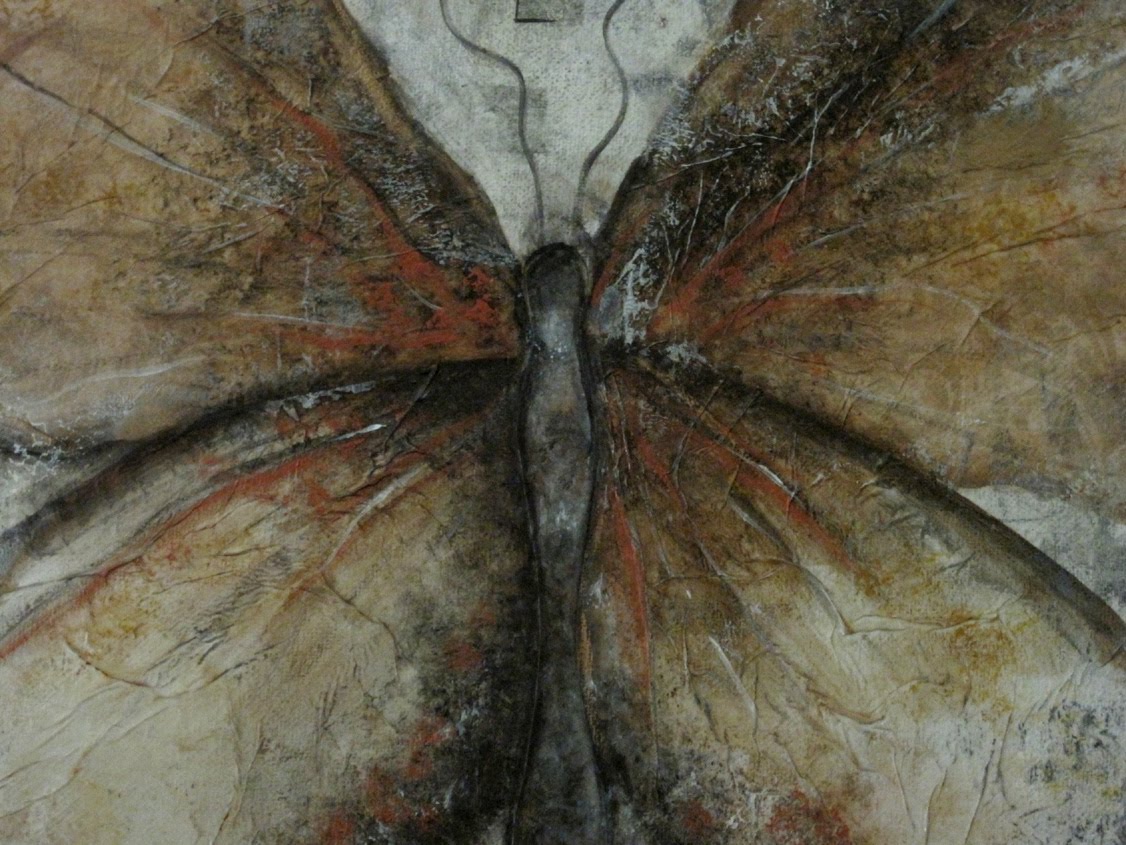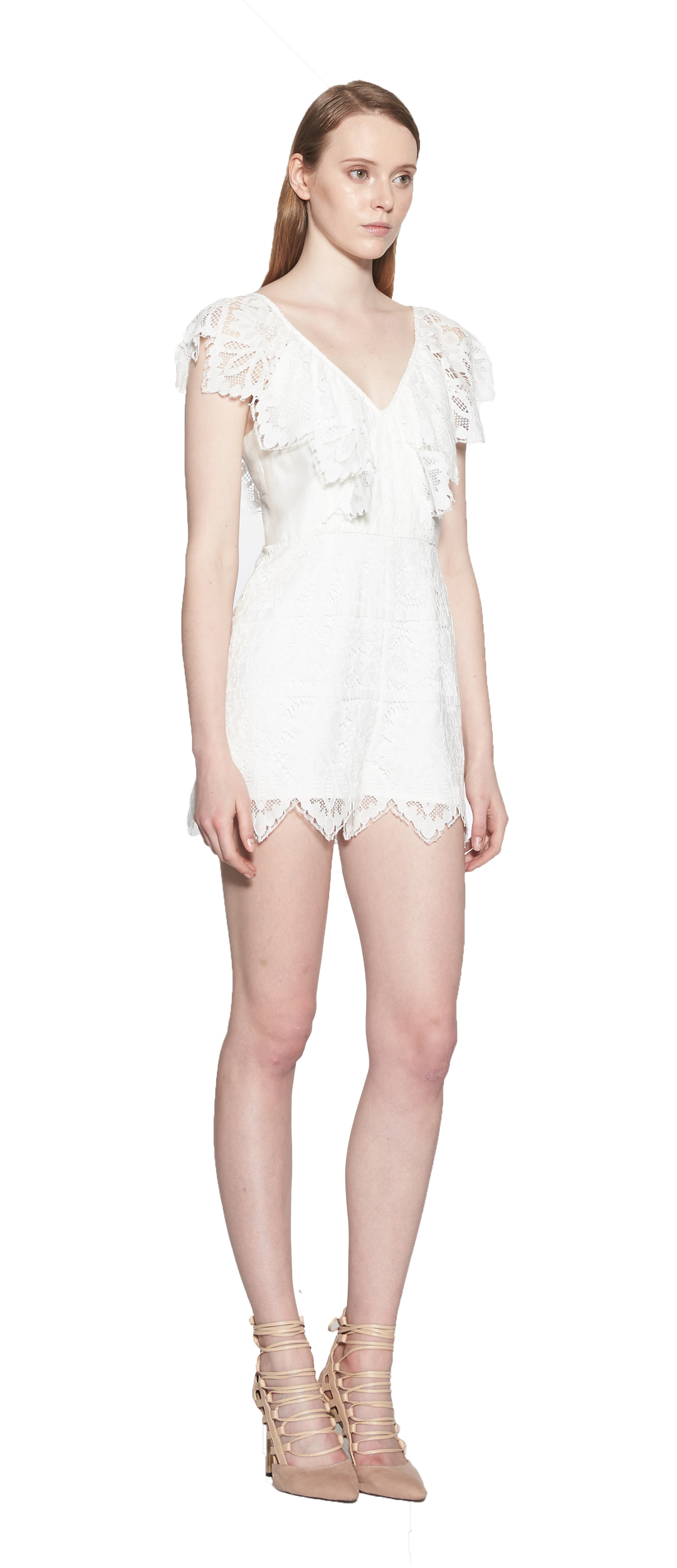

I think I was very tired at this time, and not very well. I regarded this focus on empathy as a feminist project, without wishing to pin women down to being tethered to the emotional dimension of existence, but rather through a thought of what empathy could mean, despite differences, a sort of void-like global humanism. I was thinking about what it might mean to feel solidarity with everyone on the basis of a kind of ‘lack’, a kind of negation of anything but what unites us as a collective subject, because I was thinking a lot about police violence, state violence and asylum, how to turn a sentimental feeling (upset at a photograph of a drowned migrant child) into action (hosting an asylum seeker, for example).

I remember I was thinking a lot about empathy at this time, because I wanted to try to come up with a politics that was based on a kind of negative solidarity, this idea that followed from thinking about the old and new feminist discussions about emotional labour and paying attention to the social aspect of existence, even when the social bonds seem very frayed.

I was excited to see my old lecturer, Christine Battersby, who has done great work on gender, genius and phenomenology. I remember Melissa being kind and there was a general thoughtful and open-hearted atmosphere at the South London Gallery. I must confess I do not remember much about my contribution, which was on ‘radical empathy’.


 0 kommentar(er)
0 kommentar(er)
